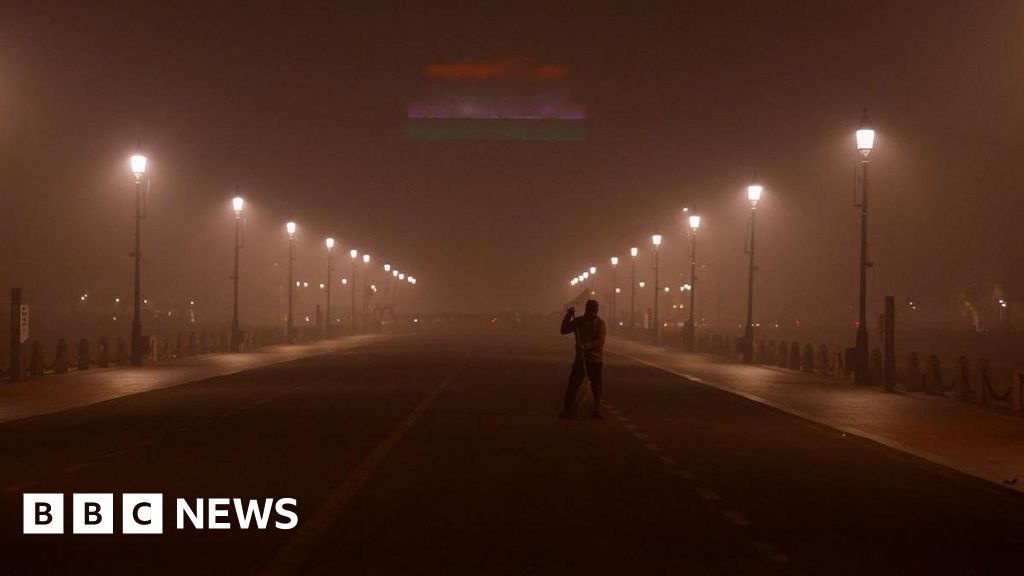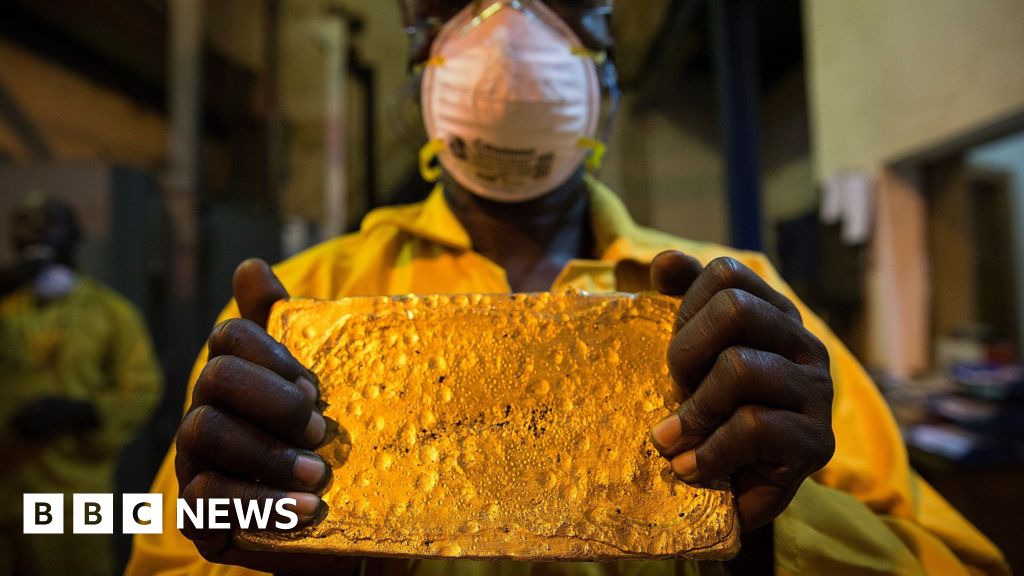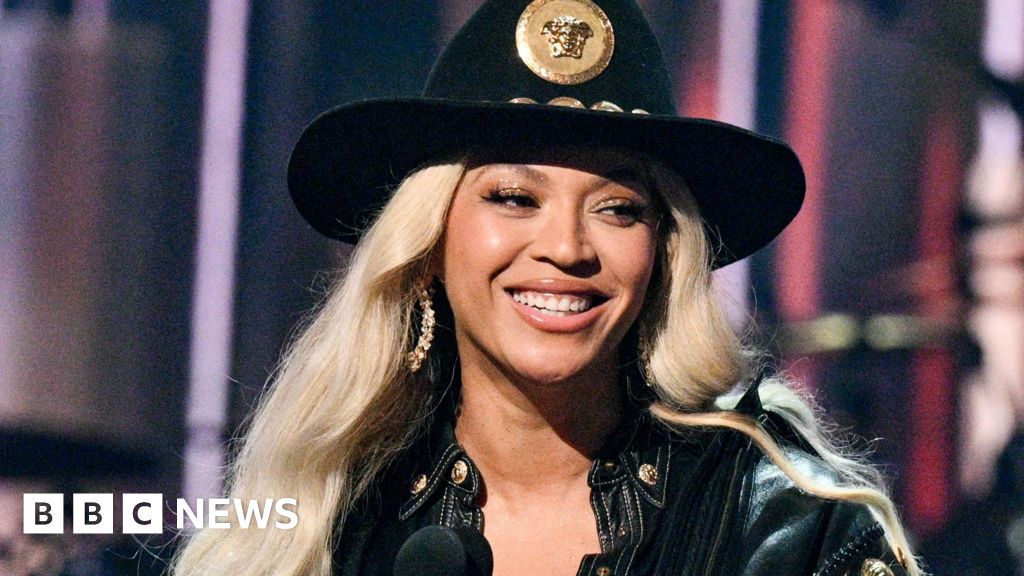ARTICLE AD BOX
By Frances Mao
BBC News
Image source, Getty Images
Image caption,North Korea's ambassador to the United Nations in Geneva Han Tae Song chairs the Conference on Disarmament
North Korea has temporarily taken over as head of a United Nations body aimed at striking disarmament deals.
It comes as the pariah state was earlier this year accused of testing an intercontinental ballistic missile, which are banned by the UN Security Council.
However it assumed the presidency of the Conference on Disarmament as the position rotates between members.
The move sparked immediate criticism of the forum's effectiveness.
A number of non-government organisations had urged countries to walk out of the room - a common form of diplomatic protest. While member states did not do this at Thursday's session, some nations sent only lower-level representatives.
Pyongyang only last week fired several missile tests in the immediate aftermath of US President Joe Biden's visit to its neighbours South Korean and Japan.
The UN prohibits North Korea from ballistic and nuclear weapons tests, and has imposed strict sanctions after previous tests.
The Conference on Disarmament - held three times at year at the UN headquarters in Geneva- is the world's only permanent, multilateral body negotiating arms and nuclear accords.
Its overarching aim is to end the nuclear arms race and prevent nuclear war. However it's failed to produce any deals of note since 1996.
North Korea will chair the forum for at least the next three weeks.
The opening session on Thursday saw Western states - many of whom wield sanctions against Pyongyang- release a joint statement condemning North Korea's aggression this year.
"We remain gravely concerned about the DPRK's reckless actions which continue to seriously undermine the very value of the Conference on Disarmament", said Australia's ambassador, on behalf of a coalition of countries.
Responding to the appointment, the US said it prompted questions over the forum's effectiveness.
"It certainly does call that into question when you have a regime like the DPRK in a senior leadership post, a regime that has done as much as any other government around the world to erode the non-proliferation norm," said State Department spokesman Ned Price.
Watch: In May North Korea showcased banned missiles in a military parade broadcast on state TV
Australia's ambassador Amanda Gorely also specified in the statement that the choice to stay was not to be interpreted as "tacit consent" of North Korea's record.
North Korea's ambassador at the meeting said it noted the statement and others of criticism.
In his own statement, he reiterated his nation's claims of self defence necessitating its militarisation, and said it remained committed to contributing to global disarmament.

 2 years ago
71
2 years ago
71








 English (US)
English (US)